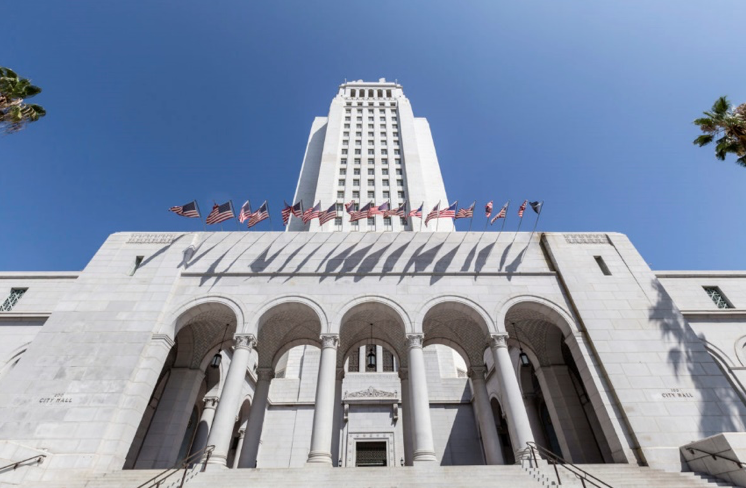CommentsGUEST WORDS-The unfolding prosecution of councilman Jose Huizar for felony corruption is just the tip of the iceberg of scandalous behavior that is rampant in Los Angeles city hall.
And the recent call by former city councilman Mike Woo for an independent inspector general does not come close to addressing the systemic corruption.
Start with the fact that the adoption of Woo’s ethics reforms 30 years ago gave us the ineffective regime of public financing, disclosure, and campaign spending limits that has failed us so spectacularly in the cases of Huizar, and last year, former councilman Mitchel Englander. It was magical thinking then for Woo and others to argue that simply setting spending limits, providing some public funding, and requiring that all donations are made public would stop or hinder corruption.
One only needs to look at an earlier development scandal to see the ineffectiveness of those rules. Starting in 2009, developer Samuel Leung and Leung’s secretary Sofia David illegally gave tens of thousands of dollars to eight Los Angeles-area politicians who could approve the 352-unit Sea Breeze apartment project in south Los Angeles via donors who were all connected in some way to Leung. The project was ultimately approved in 2015.
In 2016, the Los Angeles Times reported that then-city councilmembers Janice Hahn and Mitchell Englander, and current city councilmembers Jose Huizar, Joe Buscaino, and Nury Martinez received more than $600,000 in donations over a seven-year period. An independent campaign committee that supported Mayor Eric Garcetti, but supposedly was not controlled by him, also received contributions. But there was no audio or written evidence that those donations were traded for votes, so no charges were brought against those politicians.
But the corruption is broader and more insidious than the mere trade of city approvals for campaign cash. Those with financial interests in city hall decisions also donate to private charities either controlled by, or favored by, elected officials and little of that cash is tracked. Only donations over $5,000 must be revealed.
Special interests, with multi-million projects pending in city hall, also can and do funnel unlimited amounts of cash to other campaign committees not subject to the limits of the Woo reforms. These committees are set up by councilmembers to advance their personal political causes, but also can boost the councilmember’s reputation and name recognition. The unspoken agreement is: Special Interest A will give tens of thousands of dollars to the councilmember’s cause over here and later the councilmember will support the planning variances or “spot” zoning Special Interest A needs to increase the allowable height or density he wants for his project over there. (Read the rest)
-cw
















